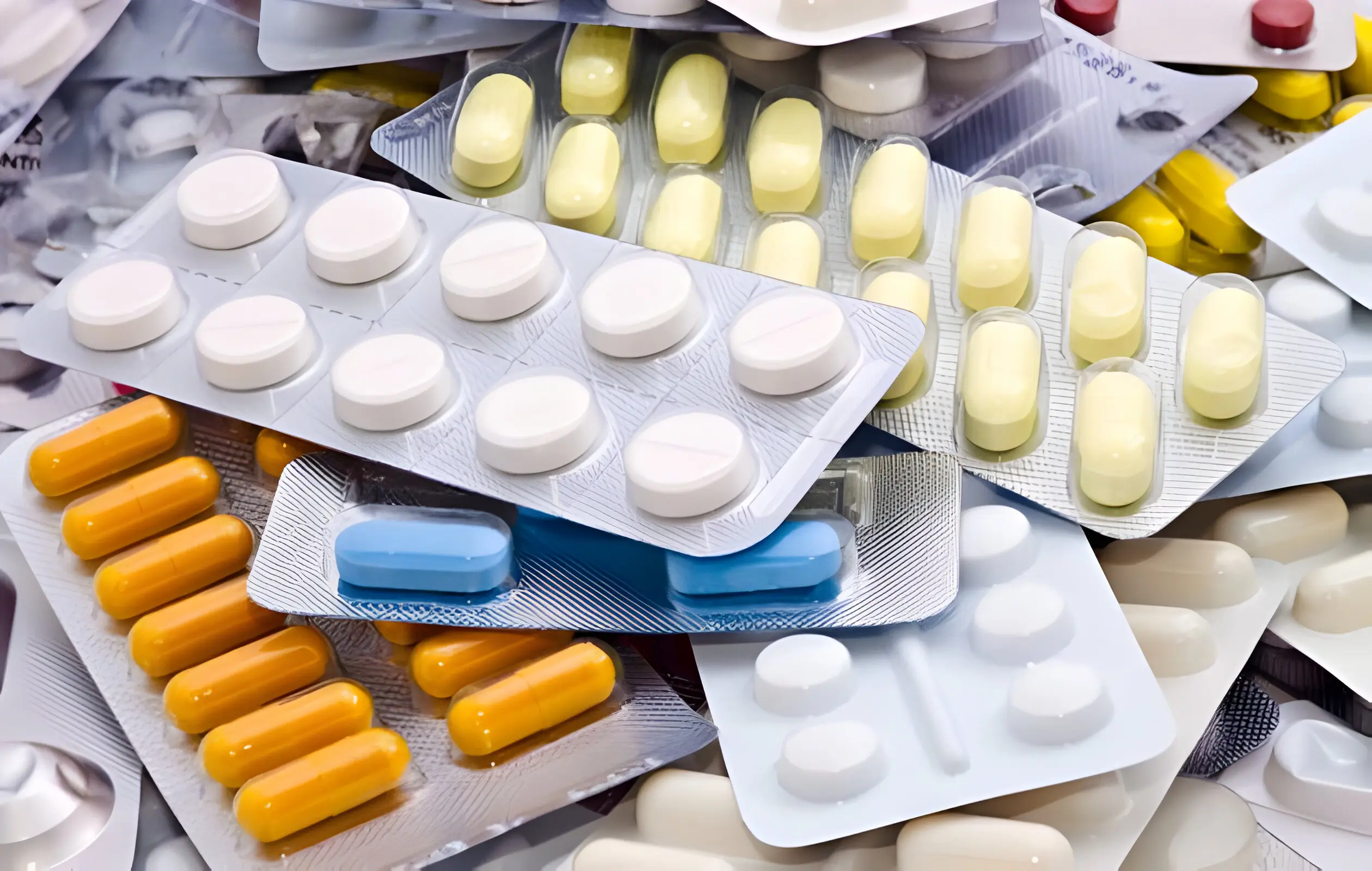Antibiotics are among the most effective drugs we have in modern medicine. However, in Nigeria, a special concern grows surrounding the way these lifesaving drugs are misused. Starting from self-medication to over-prescription, the antibiotics in Nigeria are becoming a continuous, and dangerous threat to public health. But, why is this happening, and how it can be fixed?
Let’s talk over the effects of this problem on travelers, families, and local Nigerian communities – and the solutions we can find together to make the correct choices.
Understanding the Current Use of Antibiotics in Nigeria
The excessive availability of antibiotics in Nigeria, which is frequently bought by people without prescriptions, and the old culture of informal and sometimes dangerous usage created a critical situation. In several local pharmacies, clients can easily buy powerful antibiotics without consulting a doctor. Certainly, this practice can be very handy, but at the same time, it has led to the uncontrolled consumption of these drugs, which are often administered without any proper diagnosis or understanding of side effects.
Many people take antibiotics to treat viral infections, such as the common cold, where antibiotics are actually not effective. This action might generate resistant bacteria, which in turn result in antibiotics not being effective in the future. On the contrary, unprescribed treatment very often is the main factor to the long-lasting public health problems, which happen due to misused or overused antibiotics.
Why the Misuse of Antibiotics Is a Major Health Risk
Overusing or misusing antibiotics can let the bacteria cause some mutations that will be harder to treat in the future. Bacteria lose sensitivity to standard drugs; as a result, a country experiences resistant infections. In this case, long hospitalization, increased medical costs, and even deaths from such infections are part of the high price, the Nigerian nation pays for this disruption.
The mission of the Nigerian National Antimicrobial Stewardship Taskforce (NNAST) is to warn citizens about the resistant bacteria which we will soon struggle to control unless we take action. They draw attention to the critical need for better regulation, education, and healthcare training
Common Misconceptions About Antibiotic Use
Let’s take a look at some beliefs that lead to poor decision-making when using antibiotics:
“If I Feel Sick, Antibiotics Will Help”
Many Nigerians have the habit of taking antibiotics at the very first sign of fever. However, not all infections need antibiotics. Some infections are viral, some are fungal, and some can resolve on their own. Moreover, the use of antibiotics without certainty about their need may cause you more harm than any good.
“Stopping Antibiotics Early Is Okay”
Often people stop taking their drugs when they begin to feel better, which is actually a very harmful habit. By stopping the treatment, they allow the most resistant bacteria to survive, multiply and become stronger. This misuse of antibiotics is one of the main reasons that lead to the development of drug-resistant strains and the improper use of antibiotics.
Contributing Factors to the Misuse of Antibiotics in Nigeria
Misuse of antibiotics in Nigeria isn’t just a result of lack of awareness; there are several fundamental problems that cause it:
- Lack of Regulation: Antibiotics are commonly sold without prescriptions and without advice.
- Poor Access to Healthcare: Affected people are forced to self-medicate due to the absence of healthcare facilities and the expensive nature of medical treatment.
- Limited Awareness: Patients as well as some healthcare providers may not be well informed about the correct usage of antibiotics.
- Economic Pressures: Some pharmacies may sell antibiotics more lucratively just to improve their revenue.
The Nigerian National Antimicrobial Stewardship Taskforce (NNAST) is running a campaign to make those problems more manageable through their advocacy for better regulations and using public awareness campaigns.
How the Misuse Affects Public Health in Nigeria
The general effect is alarming. In fact, it’s like a global threat as antibiotic misuse leads to antimicrobial resistance (AMR). For instance, the last reports from WHO’s AMR Surveillance System showed that Nigeria’s increase in resistant infections is particularly serious for the urinary tract and respiratory diseases. This phenomenon not only seems to affect the local population but also puts the travelers at risk who are unaware of the resistance patterns.
Antibiotic resistance becomes a problem for the treatment of diseases such as sepsis, tuberculosis, and pneumonia since they are no longer just one of the easily treatable conditions but are now quite expensive and complicated health challenges.
Raising Self Awareness to Tackle the Crisis
Self-awareness is one of the most effective ways to combat misuse. Knowledge of the potential risks and good decision-making can help people protect themselves and others.
Here’s how individuals can help:
- Consult a doctor before taking any antibiotic medication.
- Do not pressurize doctors or other healthcare providers for unwanted prescriptions.
- Make sure that you complete your prescribed antibiotic course even if you start feeling better after a few doses.
- Do not share leftover antibiotics with others.
- Educate your family and friends about the potential risks associated with misuse or overuse of antibiotics to create as much awareness as you can.
Such community and grassroots-level interventions are also pointed out by the Nigerian National Antimicrobial Stewardship Taskforce (NNAST) which, besides that, emphasizes the need to involve local leaders and educators to enlighten people about antibiotics resistance and its side effects.
A Message for Travelers and Expats
If you’re traveling to Nigeria, especially for work or extended stays, it’s important to stay informed. Always consult a trusted healthcare provider before taking any medicine. Understand the local resistance trends and keep a list of reliable clinics.
When you experience symptoms, don’t rush to the nearest pharmacy for drugs for infection. Instead, seek medical advice and ask about alternatives. Some illnesses might require a different approach entirely.
Government and Healthcare Reforms: What Needs to Happen
Addressing the use and misuse of antibiotics requires systemic reform. Here’s what experts recommend:
- Stricter Regulation: Enforce policies that limit over-the-counter antibiotic sales.
- Healthcare Training: Equip providers with updated guidelines and resistance data.
- National Campaigns: Use media to promote self-awareness and educate the public.
- Stronger Surveillance: Track resistance patterns to guide treatments and policies.
NNAST is playing a critical role in these reforms by collaborating with both public and private healthcare stakeholders.
Community Involvement: What You Can Do Today
If you’ve used antibiotics in Nigeria without a prescription before, it’s not too late to change your approach. Awareness is the first step toward lasting change.
Whether you are a patient, a parent, a traveler, or any health professional, everyone contributes to the problem through the solution. We all should begin by treating antibiotics as powerful drug and not as everyday medication. Inform your network and empower such organizations like the Nigerian National Antimicrobial Stewardship Taskforce (NNAST) which actively work on this issue.
If you have used any antibiotics before without doctor’s prescription in Nigeria, then it is not too late to turn your attitude around. Being informed about the misuse and overuse of antibiotics is the very first step towards a positive change.
FAQs
Can I buy antibiotics in Nigeria without a prescription?
Yes, but it’s not advisable. Over-the-counter access is common, but this often leads to misuse and drug resistance.
Are antibiotics necessary for all infections?
No. Some infections are viral or fungal, and antibiotics won’t help. Always consult a doctor before starting any treatment.
What is antibiotic resistance?
It’s when bacteria adapt to survive the effects of antibiotics, making them harder to treat over time.
Who is most at risk from the misuse of antibiotics?
Everyone from children to travelers. Those with compromised immune systems or frequent hospital visits are especially vulnerable.
What is NNAST and how are they helping?
The Nigerian National Antimicrobial Stewardship Taskforce (NNAST) promotes responsible antibiotic use through policy, public education, and healthcare training initiatives.
Final Thoughts
Although the misuse of antibiotics in Nigeria is not directly noticeable in our daily lives, the consequences weave through the nation’s hospitals, communities, and homes. The danger of treatment failure and public health risks is higher than the cost of no action; as the misuse of antibiotics has grown markedly in the country. Trusting medical expertise and promoting self-awareness will help the travelers and Nigerians to combat the issues together, while ensuring a healthier and secure future.
So, use antibiotics with reason – because the next life that you save could be your own.



